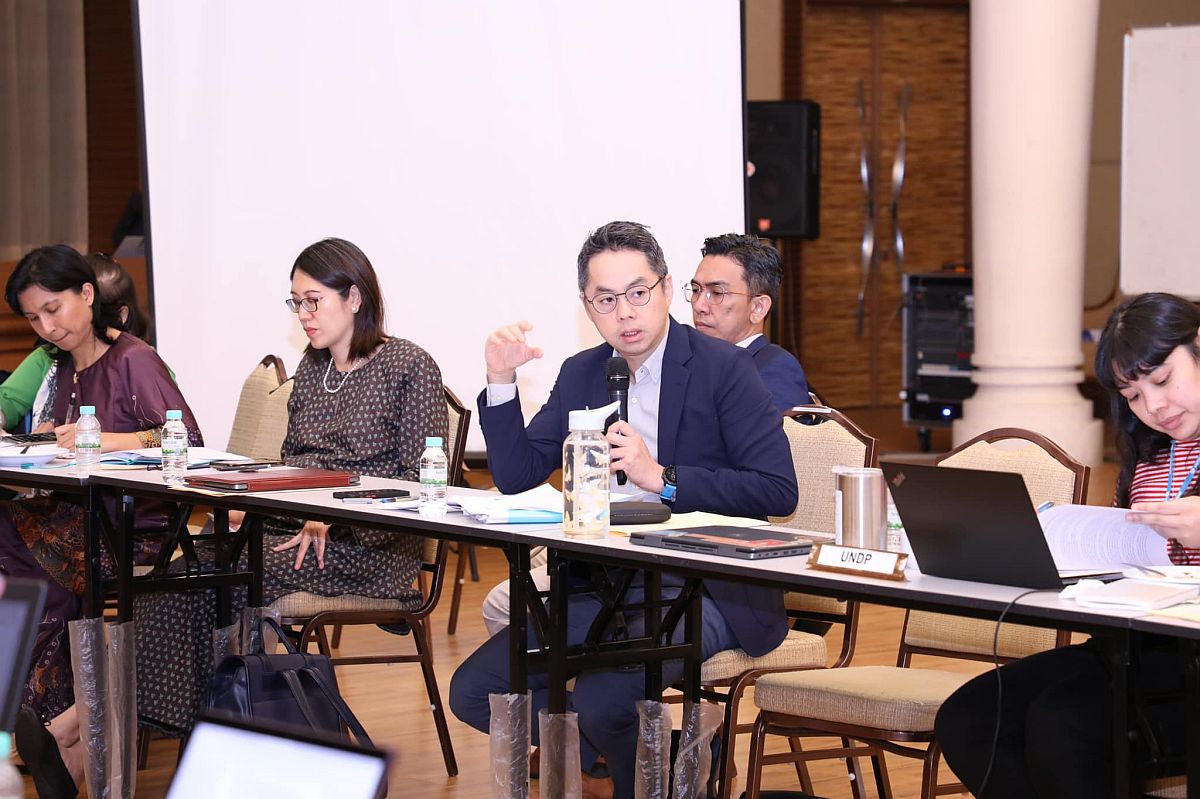KUALA LUMPUR, Dec 6 — Anti-tobacco groups argued in the High Court here today that passage of the Control of Smoking Products for Public Health Bill 2023 was irrelevant to the declassification of liquid nicotine.
Edmund Bon, counsel of the Malaysian Council for Tobacco Control (MCTC) and two other health groups, pointed out that the anti-smoking bill had existed under the previous Ismail Sabri Yaakob government, before liquid nicotine was removed from the Poisons List last March 31 under Prime Minister Anwar Ibrahim’s government.
“What I’m saying here, my Lord – all these things show that we cannot rely on any statements by the government at this point in time in relation to this judicial review proceedings because nothing is certain. So the GEG bill, the recent one, the GEG provisions are irrelevant to this proceedings.
“They are a red herring,” Bon told the High Court here during the hearing of a judicial review application by three anti-tobacco and child rights’ groups to challenge the delisting of liquid nicotine.
Bon argued that the Control of Smoking Products for Public Health Bill – which omits the generational end game (GEG) ban – was irrelevant to the judicial review, as the November 30 passage of the bill by the Dewan Rakyat occurred only after the March 31 exemption order by Health Minister Dr Zaliha Mustafa on the delisting of liquid nicotine.
The lawyer also told the court that it was not guaranteed that the Dewan Negara, which sits until December 14, would pass the anti-smoking bill.
“It is still not law. There is no certainty it will pass at the Dewan Negara or will receive Royal Assent. It will also take time for it to be gazetted and it would be wrong to assume it is law as of today,” Bon said in a written submission in reply on the judicial review merits.
In a fractious debate on the Control of Smoking Products for Public Health in the Dewan Rakyat, both government backbenchers and Opposition MPs had slammed the government for decoupling the GEG proposal from the bill.
Citing the case of R v Secretary of State for the Environment and another, ex parte Powis [1981], Bon argued that “any fresh evidence must be in relation to material before the Minister at the time she made the decision, namely, as of 31 March 2023, and not thereafter”.
“In any event, the CSPH Bill supports the Applicants’ argument of irrationality on the part of the Minister. She knew that by exempting liquid and gel nicotine before putting in place any legal controls, there will be a loophole,” Bon said in his written submission.
“She knew that taxation alone would not adequately control the supply and sale of nicotine vape to children and others. Nonetheless, she amended the Poisons List. The exemption should be struck down and if the Minister wishes to still proceed, she has to consult the Poisons Board again.”
Bon pointed out that the Control of Smoking Products for Public Health Bill does not regulate vape or e-cigarette devices, nor does it regulate nicotine content in both closed vape systems and refillable pods.
The lawyer representing the three health groups also argued that the liquid nicotine exemption order was not plainly a “government policy within the purview of the executive (Cabinet)”, as alleged by the health minister and the government.
“It is clearly a legislative decision, where the 1st Respondent [health minister] had amended the Schedule to the Poisons Act, which has no less legislative force by being in the Schedule,” Bon said in his written submission.
“Section 6 of the Poisons Act is clearly a piece of delegated legislation given to the Minister to carry out its legislative function, which led to the Impugned Decision. Therefore, we submit that the Impugned Decision, being an outcome of the Minister in carrying out its legislative function, is justiciable.”
In his rebuttal, senior federal counsel Ahmad Hanir Hambaly, who represented the health minister in the judicial review, held that his client’s intent of filing an affidavit to introduce the Control of Smoking Products for Public Health Bill as new evidence was to update the court on the latest status of the bill.
He acknowledged that there was no denying that at the time the health minister made the exemption order, the Control of Smoking Products for Public Health Bill had contained the GEG that was later scrapped.
“At that particular point in time, if we are focus on the material at that particular point in time, there is a provision for GEG, Generational End Game, but, my Lord, that is why I’m not denying the fact that in the current development, GEG is no longer in the picture.
“But what we have [applied] is for the filing of an affidavit to present to the court the latest status of the RUU (bill),” said Ahmad Hanir during the hearing today.
In the health minister’s affidavit submitted to the court last October 25, Dr Zaliha said that when she was considering making the disputed order to exempt liquid nicotine from the list of scheduled poisons under the Poisons Act, the Ministry of Health had taken into account that the government was in the process of presenting the Control of Smoking Products for Public Health Bill to Parliament.
The bill, with the GEG, was only tabled for first reading in the Dewan Rakyat on June 12, nearly three months after liquid nicotine was removed from the Poisons List on March 31.
Decision on the judicial review application has been set for February 7 next year.








